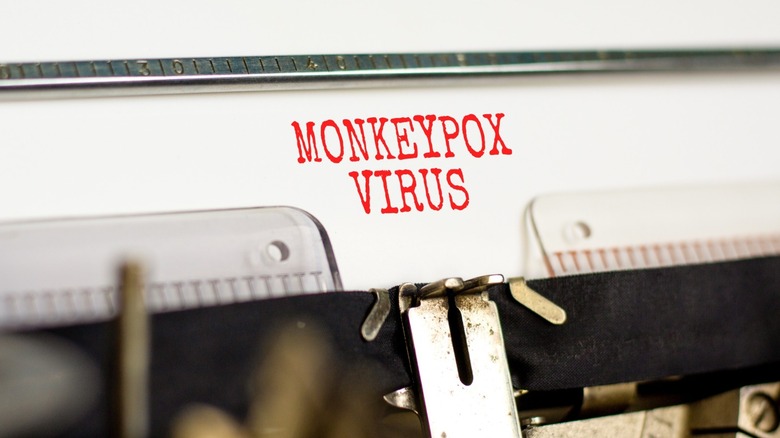Why The World Health Organization Plans To Rename Monkeypox
The World Health Organization (WHO) announced that it plans to rename monkeypox due to concerns that the name is stigmatizing. The renaming campaign resulted after numerous scientists released a report in which they described the term "monkeypox" as "inaccurate" and "discriminatory." The name "monkeypox" also does not conform to the WHO's guidelines, which discourage the usage of geography and animals in the naming of human diseases.
WHO director-general Tedros Adhanom Ghebreyesus said that scientists across the globe are working together to replace the name for the monkeypox virus. In the meantime, the scientists are using "hMPXV" to represent the human monkeypox virus, according to The Guardian.
The renaming plan is part of a wave of growing concern that the media is creating a perception that the global outbreak of the virus is connected to Africa. While recent coverage of this outbreak points to an initial reported case in the United Kingdom associated with a person traveling from Nigeria, the virus is not new and had already been circulating. However, WHO officials are sounding the alarm that this outbreak poses a real risk and that governments and health partners need to work to get it under control before it becomes widespread in non-endemic countries, per The Guardian.
Monkeypox symptoms
According to the Centers for Disease Control and Prevention (CDC), monkeypox is a rare disease that spread from animals to humans and was first discovered in 1958 when cases of a "pox-like" disease emerged from colonies of monkeys being used for research. The first known human case was in 1970 in the Democratic Republic of the Congo (DRC). The CDC describes the infection as rare and says that it currently poses a low threat to the general American population.
If you become infected with the virus, it could be between five and 21 days before you experience symptoms. Initial signs that you have the virus include fever, swollen glands, fatigue, and muscle aches, among others. After these symptoms, a rash typically appears on the face, and then spreads to other areas of the body, according to the U.K.'s National Health Service. While this sounds concerning, monkeypox is often mild, and you will likely recover in a few weeks.


